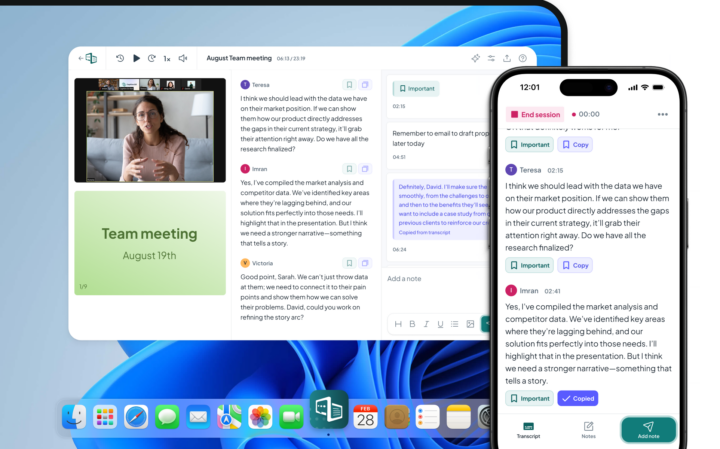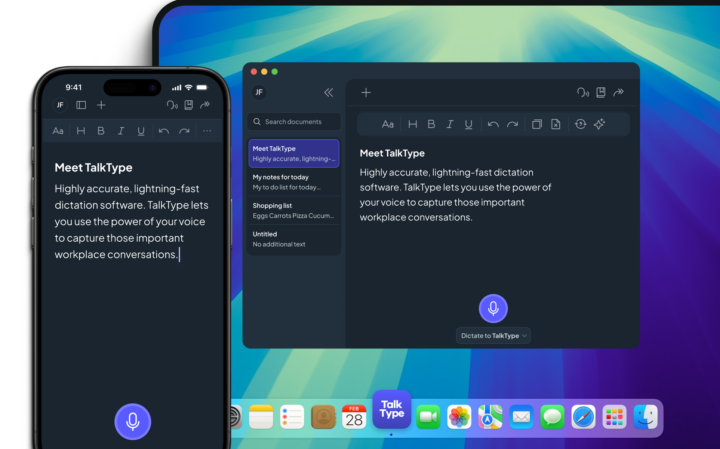What Causes a Drop in Focus at Work
Knowing how to stay focused at work can help you feel in control of your workload. Many people find their focus drops at various intervals during their work life, leading to a lack of motivation and reduced productivity. With many distractions to contend with from our phones, news outlets, and daily life pressures, staying focused depends on avoiding distractions and not losing motivation.
There’s a range of causes that can lead to someone experiencing a drop in focus at work, including the following:
Sleep Deprivation
Studies reveal that full or partial sleep deprivation can reduce cognition and poor neuronal activity in the brain. Brain receptors fail to perform without the chance to refresh sensitivity levels after a good night of sleep. So, without enough shut-eye, we can easily lose focus at work.
Overstretching Yourself
Leading a demanding life with pressures from on your time can exhaust the mind and body and lead to poor work performance. People with parental or caring responsibilities may need more help to stay focused on performing at work.
Undiagnosed Neurodivergence
Low workplace awareness of neurodivergence leads to lower disclosure rates. And while 80% of neurodivergent staff have skills in hyperfocus, people with ADHD aren’t given the support like Caption.Ed to them improve focus and communication.
Health Problems
Physical and mental health problems can make it harder to know how to focus at work. Depression, anxiety, thyroid problems, and women’s health issues like perimenopause can all make it harder to remain focused and productive.
Negative Emotions
A range of negative thought processes can derail or impair someone’s ability to focus at work. Emotions like boredom, procrastination, disliking your work or working environment, anxiety, and focusing too much on negative news stories can lead to a lack of focus.




